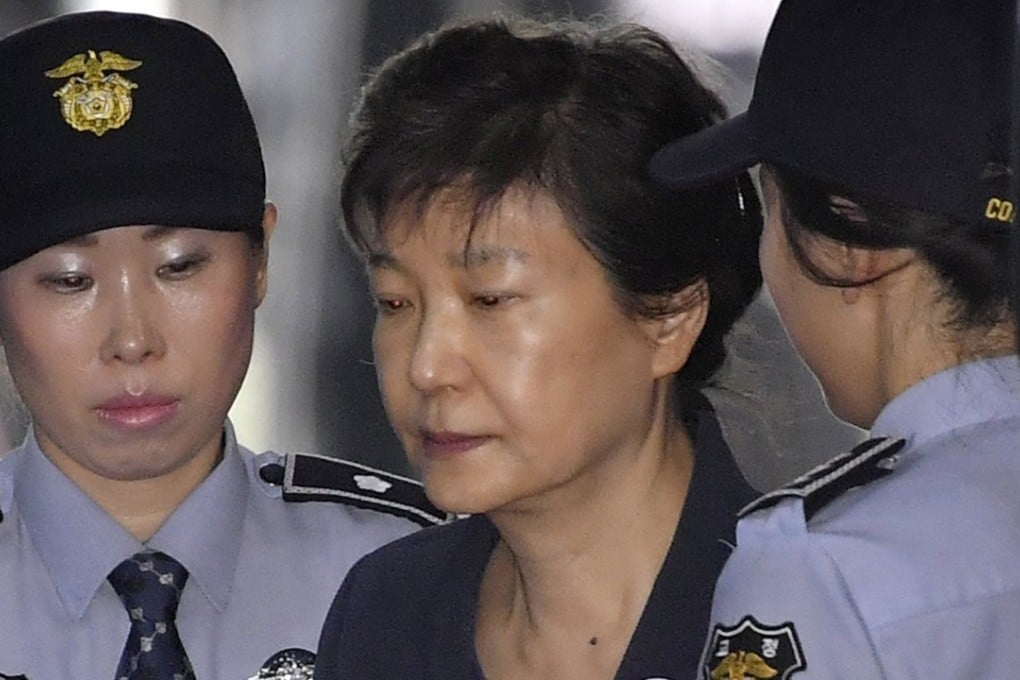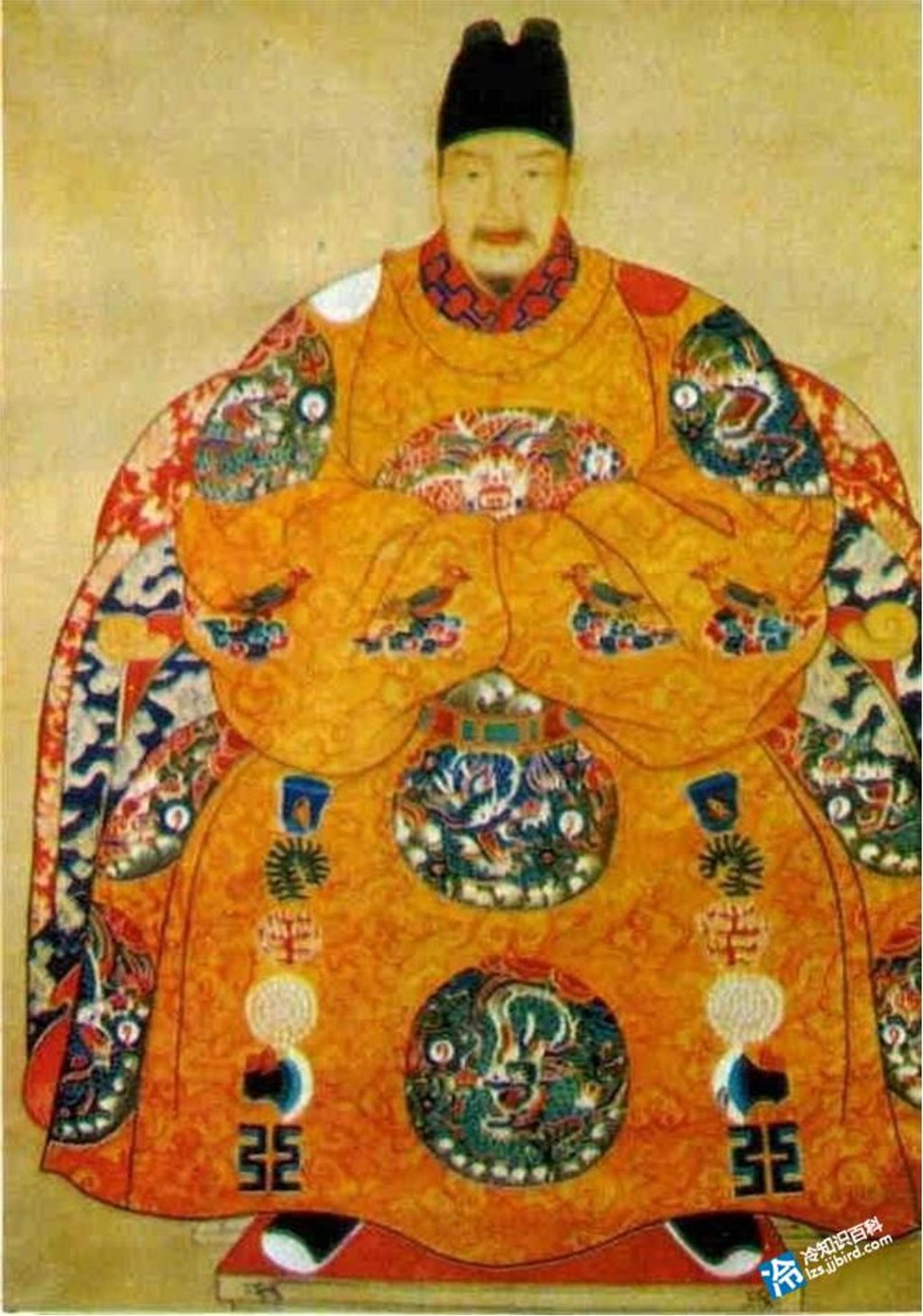Reflections | How China’s emperors fell from grace – much like former South Korean president Park Geun-hye
From forced abdications to vivisection, the many disgraces experienced by erstwhile Chinese rulers

In China, in the millennia before the abolition of monarchy in the early 20th century, cases of rulers being forcibly ejected from their thrones were far from uncommon. Some of these leaders were assassinated, such as Emperor Ai (892-908) of the Tang dynasty; others such as the Ming dynasty’s Emperor Chongzhen (1611-1644) took their own lives rather than live in shame; and many became prisoners of the new regime, albeit in much more comfortable circumstances than Park’s jail cell. Most of them were “pensioned off” with a title and annual stipend, and despite their movements being severely restricted, they enjoyed a certain level of dignity as befitting a former monarch.
However, their movements were severely circumscribed, being kept essentially under house arrest. Take Emperor Xian (181-234) of the Han dynasty as an example. Following his forced abdication in 220, he was made Duke of Shanyang, lived in comfort and died of natural causes 14 years later to be buried with full honours.
In 1912, Aisin Gioro Puyi, Emperor Xuantong of Qing, was allowed, under the Articles of Favourable Treatment of the Great Qing Emperor after His Abdication, to retain his imperial title. He was given a large allowance and the permission to continue living in Beijing’s Forbidden City, though both were withdrawn within a few years.

